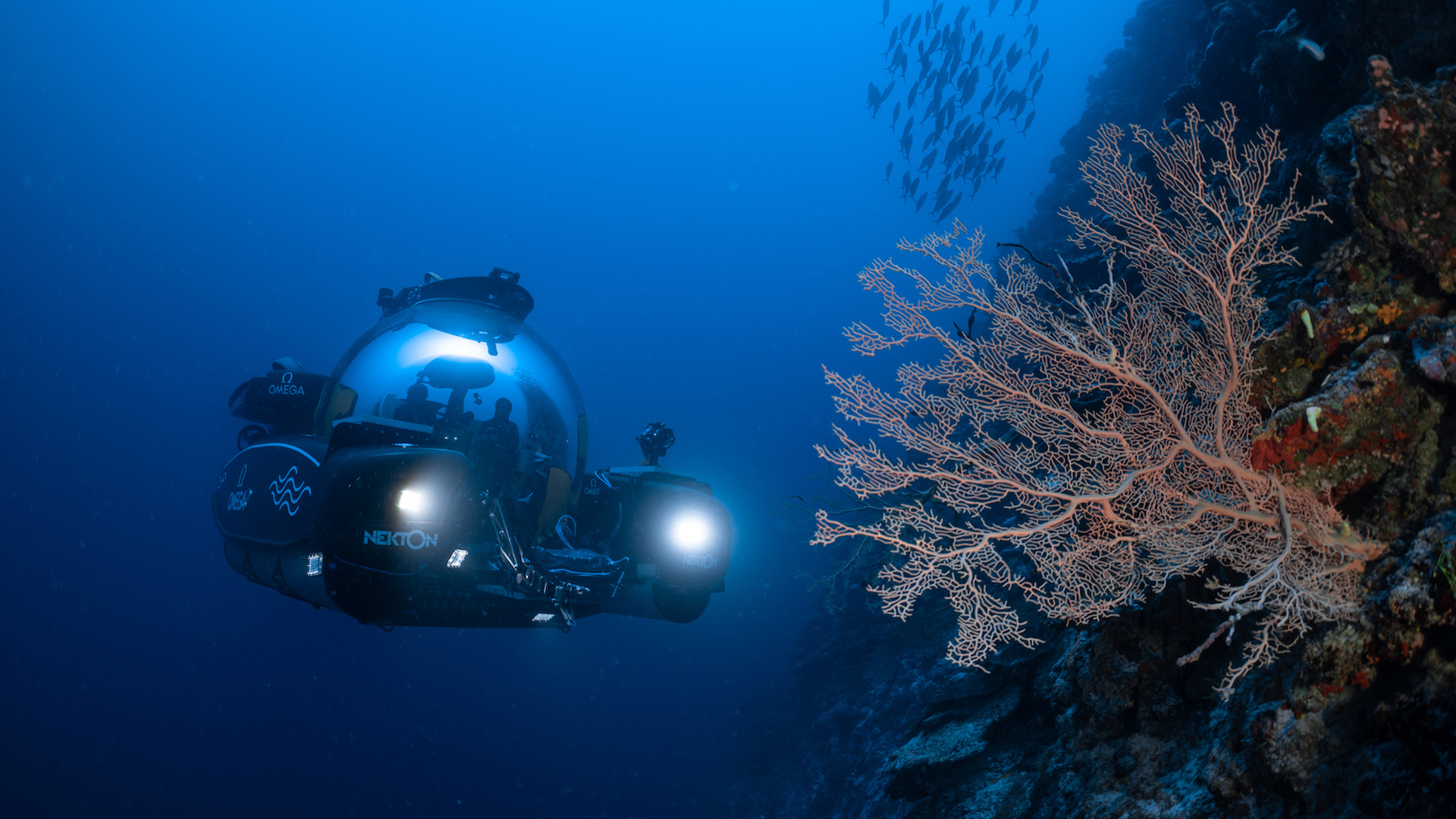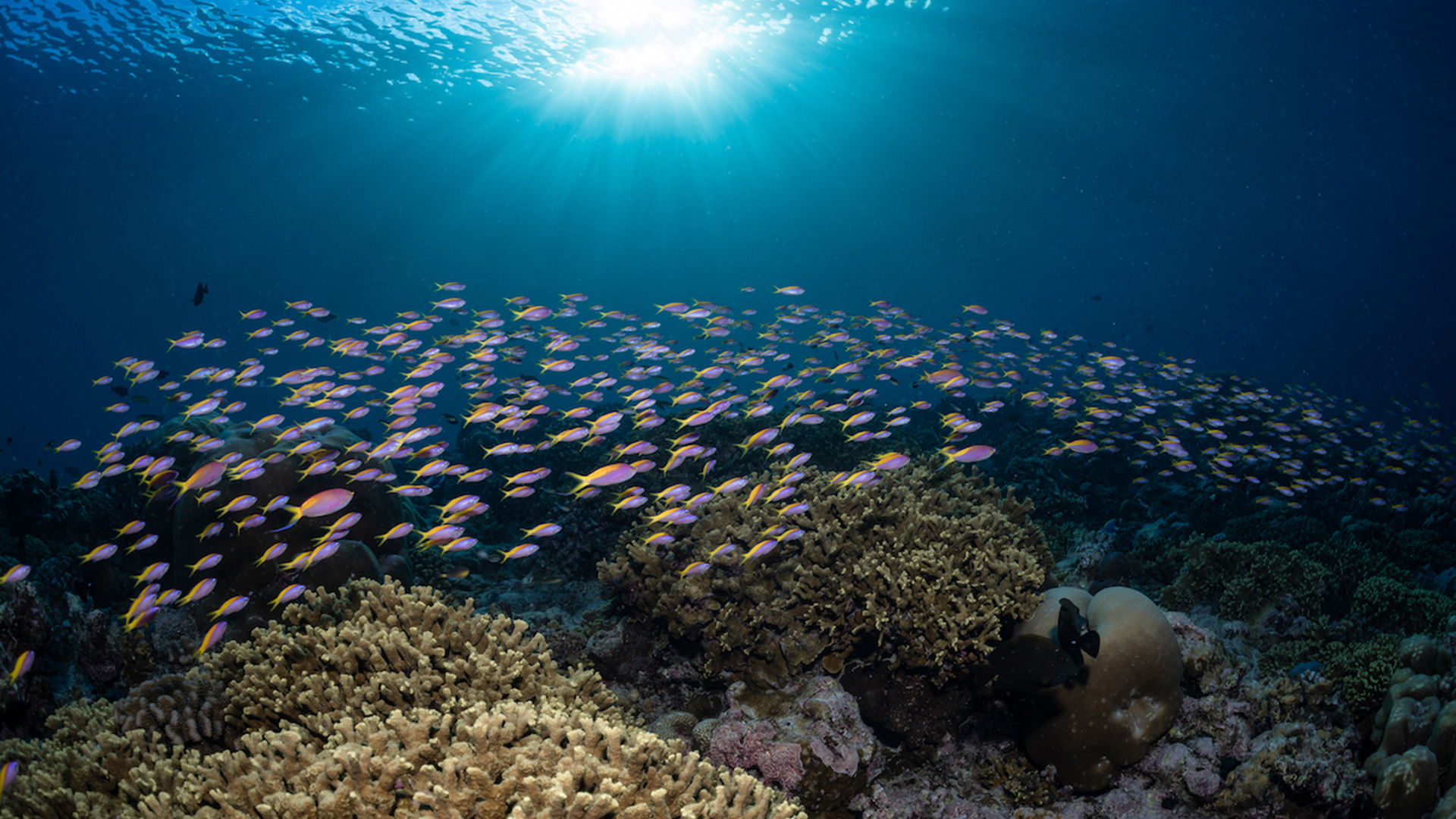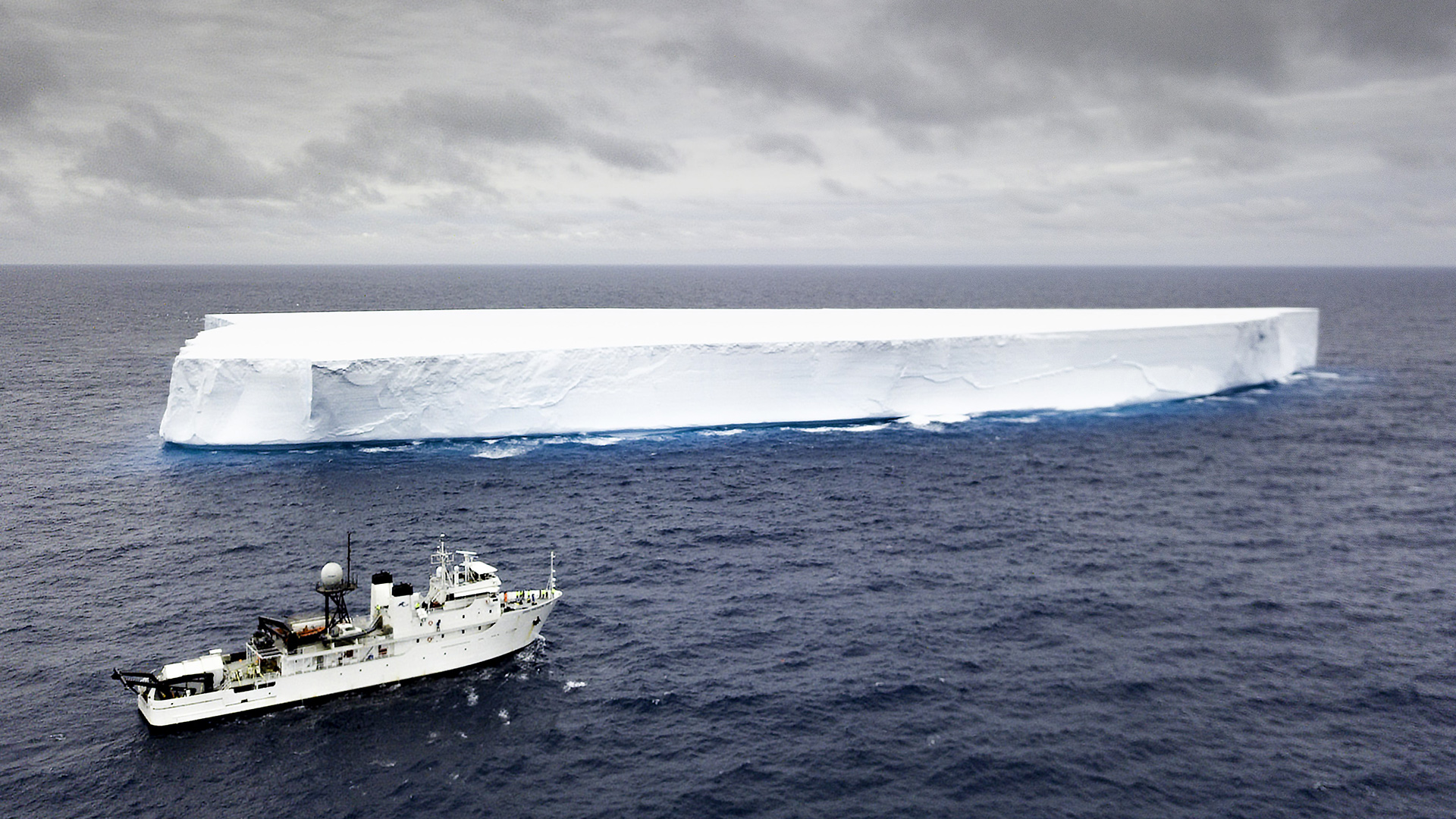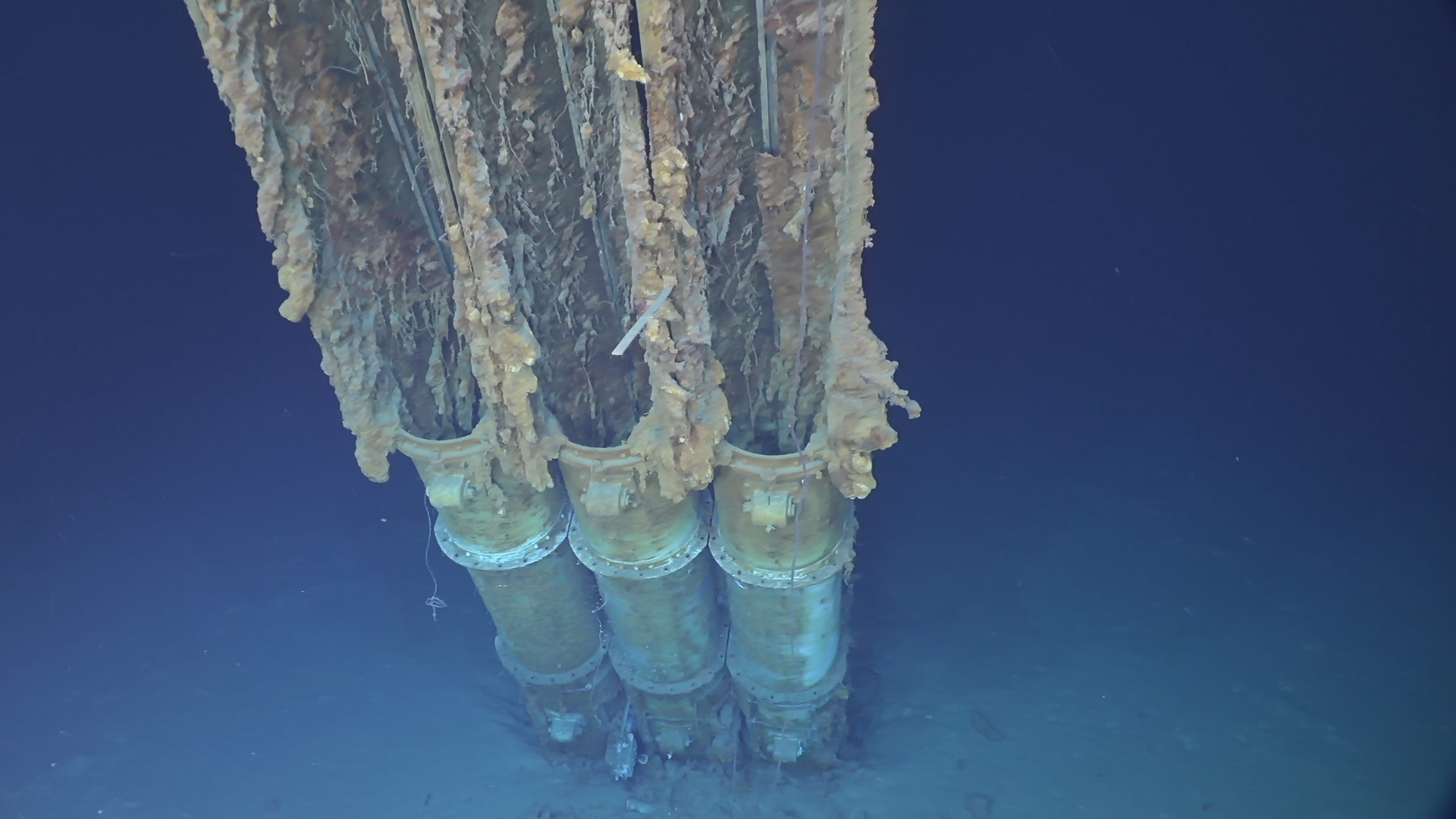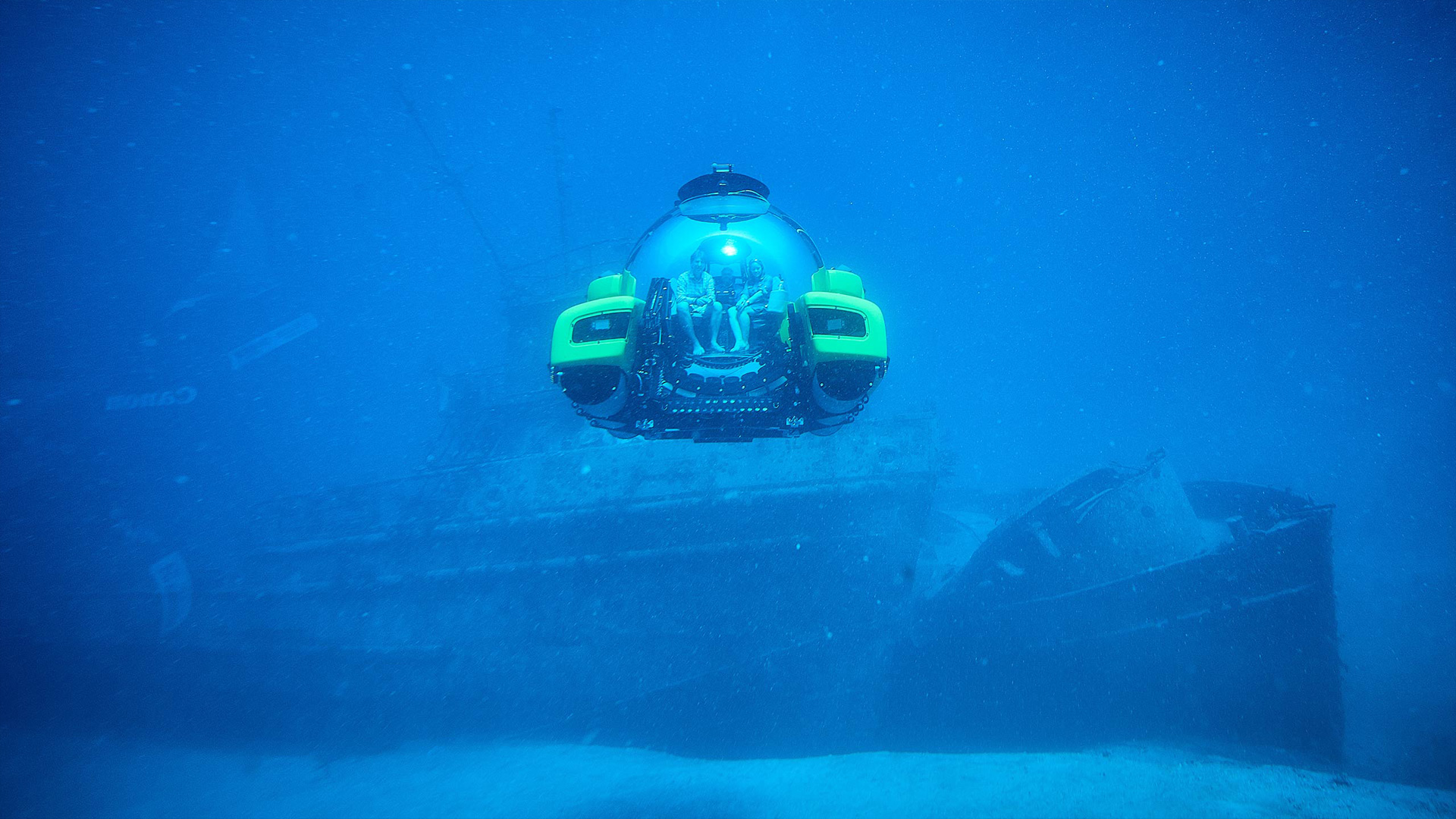The largest program in history to discover life in our ocean has been unveiled with the ambitious target of finding at least 100,000 new marine species in the first decade.
Knowledge gathered will revolutionize our understanding of life on Earth and how to protect the ocean – the environment responsible for much of the air we breathe, regulating our climate, and a vital food source for billions.
As an Ocean Census partner, EYOS will provide expedition advice and support, including sourcing vessels, planning and managing missions. From EYOS co-founder Rob McCallum: “EYOS has explored the far corners and deepest recesses of each of Earth’s 5 oceans. As a proud partner of Ocean Census we are fully committed to achieving its ambitious goals. With our oceans in decline these are the types of bold actions that will increase our collective knowledge and allow us to make wise decisions for the future.”
Scientists believe little more than 10% of what lives in our seas has been found and there are around two million species still undiscovered. The endeavor, known as Ocean Census, builds on major programs of the past including The Challenger Expeditions (1872-1876, the birth of modern marine science) and The Census of Marine Life (2000-2010).
Ocean Census is a global collaborative initiative, an open network of science, business, media and civil society organizations joining forces. It has been founded by The Nippon Foundation, the largest non-profit foundation in Japan that focuses on philanthropy through social innovation– and Nekton, a UK-based marine science and conservation institute. The project’s headquarters is in Oxford, UK.
“Ocean life makes all life on Earth possible and holds the wisdom of four billion years of our evolution on Earth. We can’t protect what we don’t know exists”, explained Yohei Sasakawa, Chairman of The Nippon Foundation. “We have a race against time to discover ocean life before it is lost for generations to come. Ocean Census will create an immense wealth of openly accessible knowledge that will benefit and sustain all life on Earth, for humankind and our planet. Ocean Census is full of dreams and wonder and cannot be accomplished by the Nippon Foundation and Neckton. We would like to unravel the mysteries of the ocean, in collaboration with ocean research institutes, businesses, governments, the public, philanthropy and civil society”, continued Sasakawa.
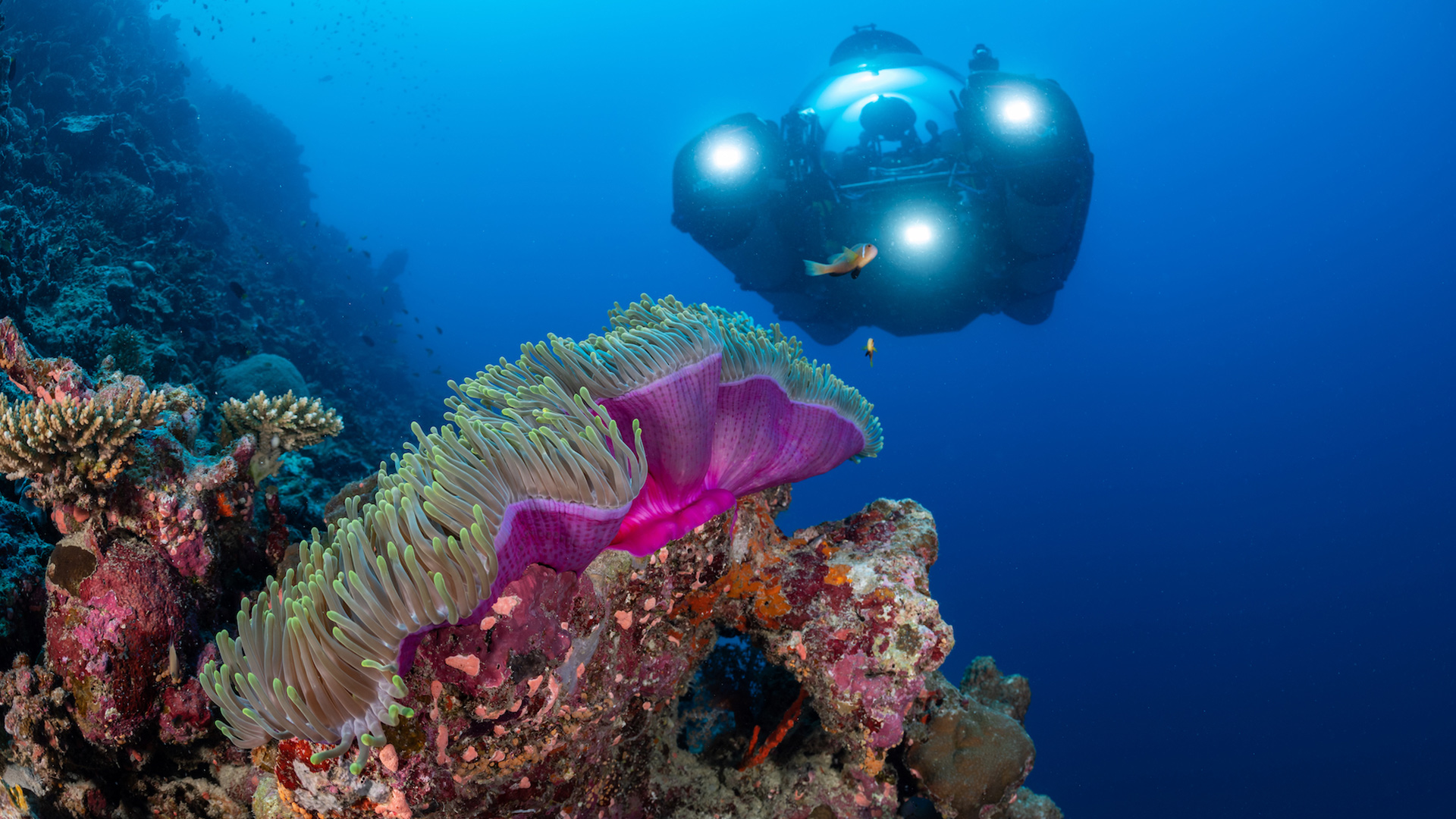
For the past 200 years, the work of finding and scientifically describing species (taxonomy) has been a slow, methodical process– the average rate of new species discovery hasn’t changed much since the 1800s. It stands at around 2,000 a year. Traditional taxonomy is unable to meet the challenges of the climate and biodiversity crises that scientists expect will result in the loss of the majority of species on Earth.
“Revolutions in technologies such as digital imaging, sequencing and machine learning, now make it possible to discover ocean life at speed and at scale”, said Professor Alex Rogers, Ocean Census Science Director, “It currently takes one to two years to several decades to describe a new species after it is collected by scientists but utilizing new technologies and sharing the knowledge gained using cloud-based approaches, it will now only take a few months”, continued Rogers.
Over the coming years, scientists from around the world will embark on dozens of expeditions to the ocean’s biodiversity hotspots to find new life from the surface to full ocean depth. Combining vessels from the philanthropic, government and commercial fleets, they will be deploying a combination of advanced subsea technologies with divers, submarines, and deep-sea robots.
